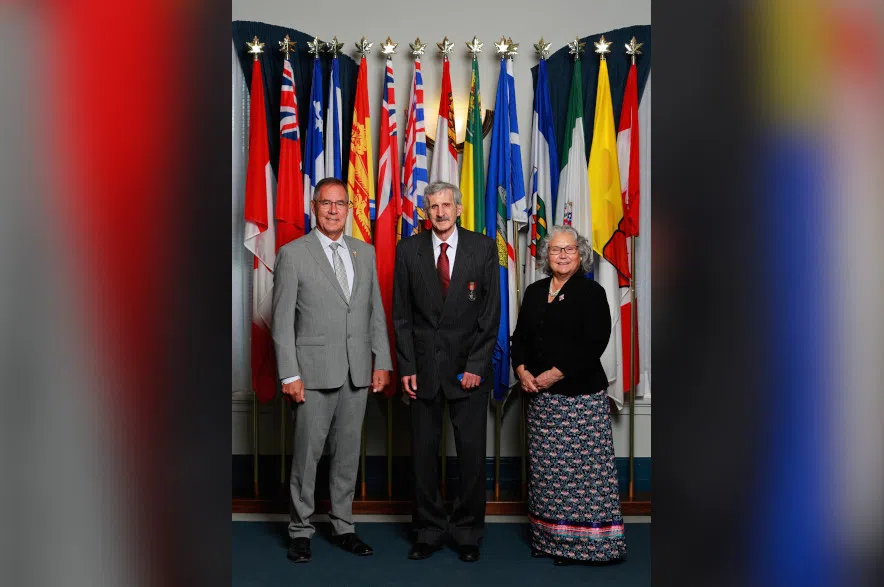Instead of concentrating on planning for his final days and soaking up time with his family, Fred Sandeski and his wife are worrying about health-care bills and their finances.
Sandeski, 71, needs round-the-clock care, and his wife Teresa had been providing that until she also got sick. She recently had to go in for surgery, and it’s taken longer to recover than they thought, so Sandeski has been in respite care—a type of care meant to be used when the regular caregiver needs a break or time away.
However, respite care costs $45-a-day, which Sandeski and his wife can’t afford. End-of-life care is covered by the provincial government, and Sandeski’s doctors told him he likely wouldn’t make it past January 2025, but the health authority told him he doesn’t qualify for end-of-life care.
About a month ago, Sandeski said the provincial government had promised to look into the situation, but in early January he said nothing’s been done. He recently got a bill for the time in care in December.
“They’re bantering back and forth for numbers as such, and the way it sits now I simply can’t afford to support both households. Like I have to rent here and I have to rent my family home so that my wife has still got food on the table, and I can’t afford both places,” explained Sandeski.
He said there are a number of programs that are available but that there are “60-million hoops” to jump through and there’s no flexibility in them at all to help in his circumstances.
He said it’s been a difficult situation. Sandeski explained the government has stayed in contact and he thinks it’s trying, but there’s been no movement at all.
“I understand it to some point, but there has to be some flexibility simply because there are too many people that are falling through these cracks. There’s too many people that don’t have enough income to provide for both sides of that family,” he said.
He and his wife had proposed a plan that involved switching around their pensions, and a ministry worker had recently suggested the couple of 40 years enter into an involuntary separation so his wife could get more in benefits. But Sandeski said they still don’t know what the numbers would be on that yet.
In 2021, Fred Sandeski received the Governor General Sovereign’s Medal for Volunteers for his founding and work with the Community Low Income Centre in Weyburn. (Photo courtesy Discover Weyburn)
Sandeski is well-known in Weyburn for the work he’s done in the community and people have been fundraising to help his family – he called them very, very generous. He said the money will help but the couple doesn’t know how much they could spend on what.
“Without an idea of what we can rely on, I just don’t know what else we can do,” he said.
The Sask. NDP has brought Sandeski’s situation up to the public twice before. Seniors critic Keith Jorgenson said this is an easy thing for the provincial government to fix – it’s expensive for the Sandeskis but would be a relatively small amount of money to the provincial government.
“This is cruel and unnecessary. This has placed an incredible strain and stress and anxiety on this couple at the worst possible moment in their lives,” said Jorgenson.
Jorgenson said the family should be using this time to plan for his last days, but is worrying about money instead.
“It boggles my mind that they’re choosing to allow this man to spend his final days like this, it’s horrible,” he said.
Health Ministry Jeremy Cockrill was asked about the Sandeski’s situation at a news conference and he responded that the local Weyburn-Bengough MLA, Mike Weger has been in regular contact with the family, trying to help them navigate their “journey through the health-care system.”
Cockrill didn’t offer any reasons why Sandeski’s situation hasn’t yet been resolved, just saying the Rural and Remote Health Minister Lori Carr had a meeting set with the family soon.












